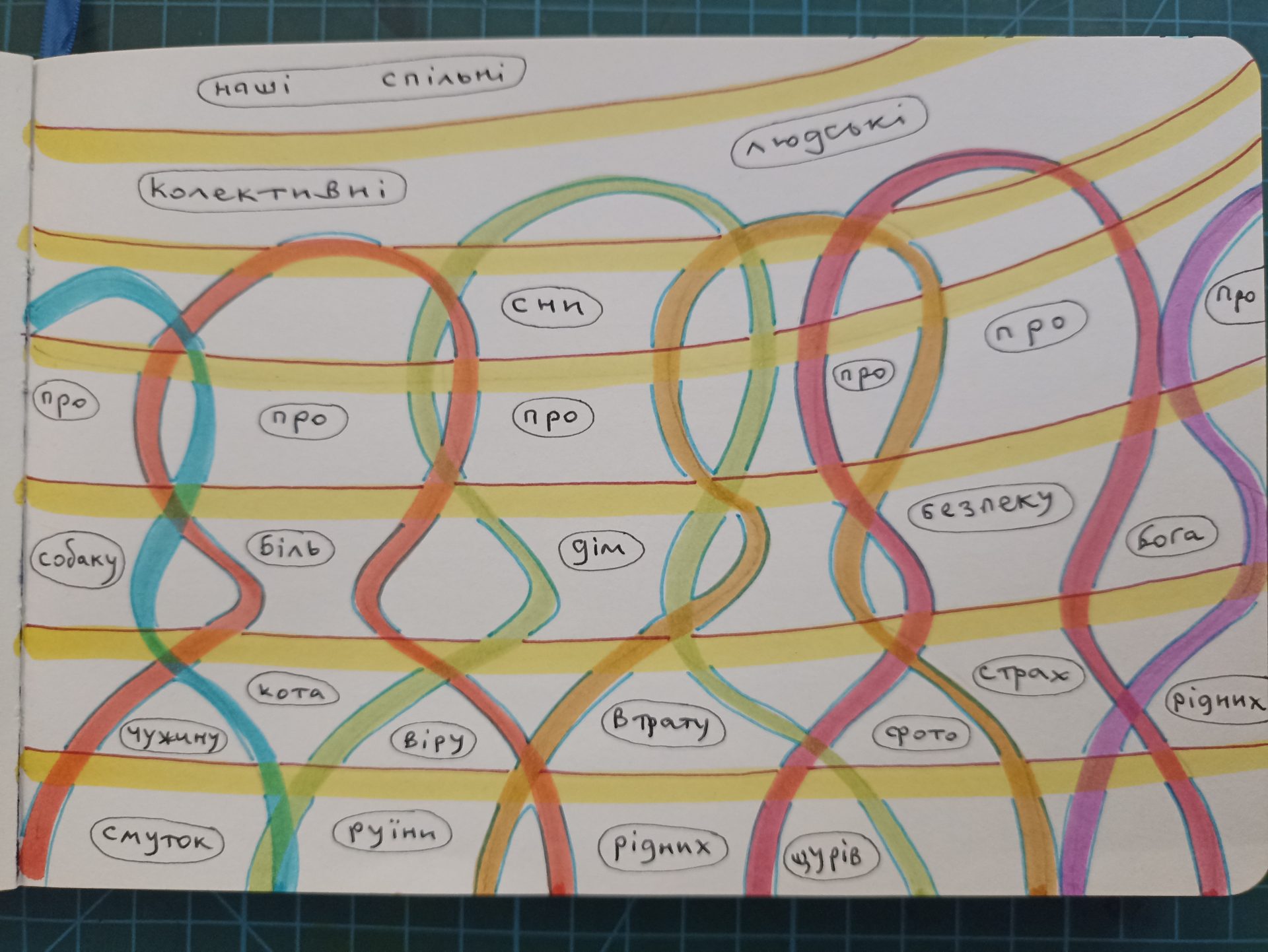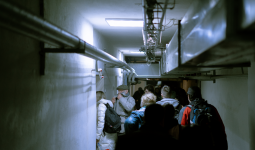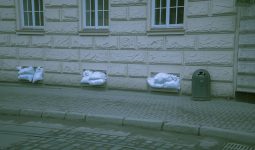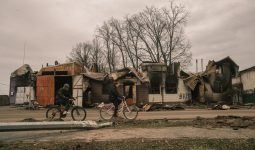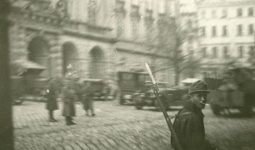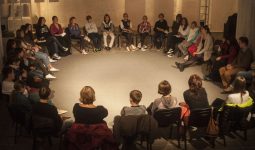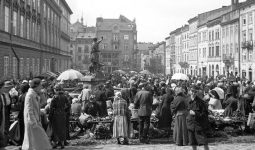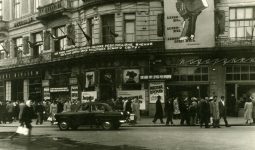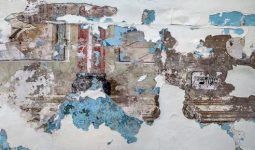Diaries and Dreams of the War
March 2022 – present
Since the beginning of the war that the neighboring states unleashed against Ukraine in February 2022, students of the Ukrainian Catholic University (Lviv) have started keeping war diaries. Subsequently, students and participants from other universities, institutions, or cities joined. The project is implemented by the Center for Urban History in cooperation with the Department of Cultural Studies of the UCU. Even before the resumption of the educational process in Ukraine, students were invited to record what they saw, heard, and experienced. Initially, 50 participants applied, and later the number of "chroniclers" exceeded 70. The group was accompanied by a culturologist, a professional psychologist, and a philosophy teacher (and a specialist in secular meditation at the same time). This project was on the verge of psychology, anthropology, history, philosophy, and art, and has academic and human value.
The material consists of diverse narrative and non-narrative productions such as digitally and non-digitally recorded war journals, photographs, drawings, short videos, and voice and musical recordings.
Thematic coverage of collected testimonies:
This project records, disseminates and analyzes Ukrainian experiences of the 2022 war. We envisage that individual feelings, as well as collective experiencing, will become an archive – source for the researchers and historians of the future.
- Diaries of war: written by hand or digitally born personal reflections on
- Self-reflection (ego-documents)
- Media (imaginary reality)
- Life change (social aspects)
- Relationships (family and friends)
- Dreams of war
- Personal visual stories
- Visual memes and images from social media
- Drawings
During the initial phase of this project, we managed to collect 33 written diaries of students (the group consisted of more than 60 participants, but nearly half could not write diaries), many drawings, audio files, recollections or testimonies, and dreams. More than 20 dreams recorded in various forms are already in the archive, and the project aims to collect more.
- 33 collections of personal diaries, between 1 and 80 pages long
- Dreams - 20+ more files, the collection grows
- Group meeting records - 9 files: every Saturday core group had a common meeting to collect shared testimonies (March-April-May)
- Records – 9 files of individual records, some in the form of diaries
- Sound recordings – 6 files
- Poems – 3 files
- Visual memes – 115 files
- Music files – 3 files (including a playlist of 39 videos)
- Pictures – 75 files
The project involved 8 translators: two people affiliated with the Center (Svitlana Bregman and Andrii Masliukh), and 6 from outside (3 are IDPs and 3 persons from abroad).
Funded by: “Documenting Ukraine” project (initiated by the Institute for Human Sciences, IWM, Vienna; and the Ukrainian Research Institute at Harvard University, HURI)
Consultations, project management, and technical support:
- Department of Cultural Studies, Ukrainian Catholic University (Lviv, Ukraine)
- Department of Social Sciences and Philosophy, the University of Jyväskylä (Finland)
- The Institute of Communication and Media Studies (icmb), the University of Bern (Switzerland)
- The Institute for Israel and Jewish Studies, Columbia University (USA)
- Lancaster Institute for the Contemporary Arts (LICA) at Lancaster University (UK)
The project is facilitated and archived by the Center for Urban History.
TEAM
- Dr. Bohdan Shumylovych (Center for Urban History)
- A/Prof. Ihor Kolesnyk (Lviv National University)
- Natalka Ilchyshyn, the lecturer in psychology (Ukrainian Catholic University)
CONSULTANTS
- Dr. Magdalena Zolkos (University of Jyväskylä, Finland)
- Dr. Billy Glew (University of Salford, UK)
- Dr. Ofer Dynes (Columbia University, USA)
- Dr. Olha Yaskevych (Ukrainian Catholic University, Ukraine)
- Dr. Mykola Makhortykh (University of Bern, Switzerland)
Contacts: Dr. Bohdan Shumylovych [email protected]
Credits
Cover image: drawing from visual diary of the war by Ihor Kolesnyk
